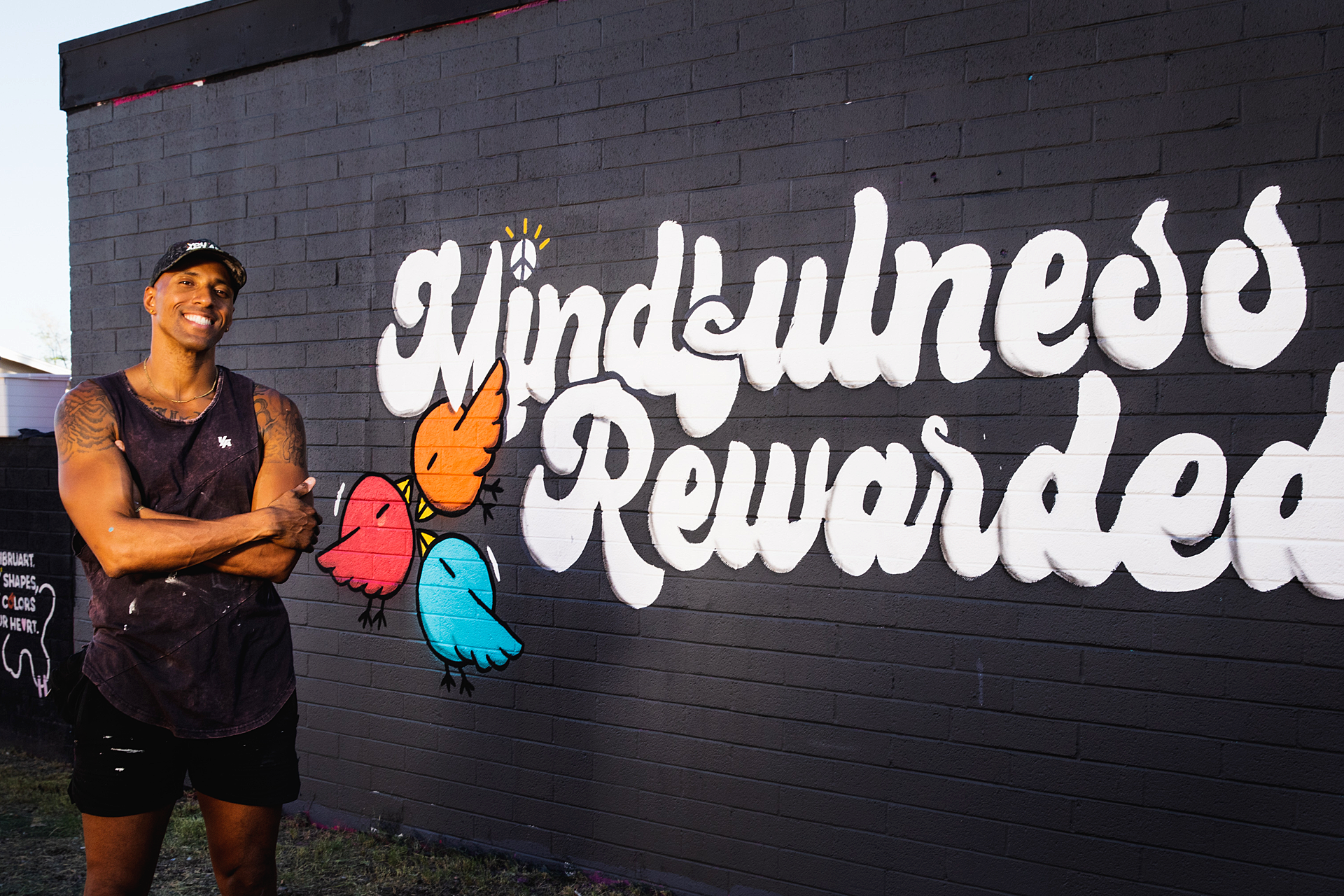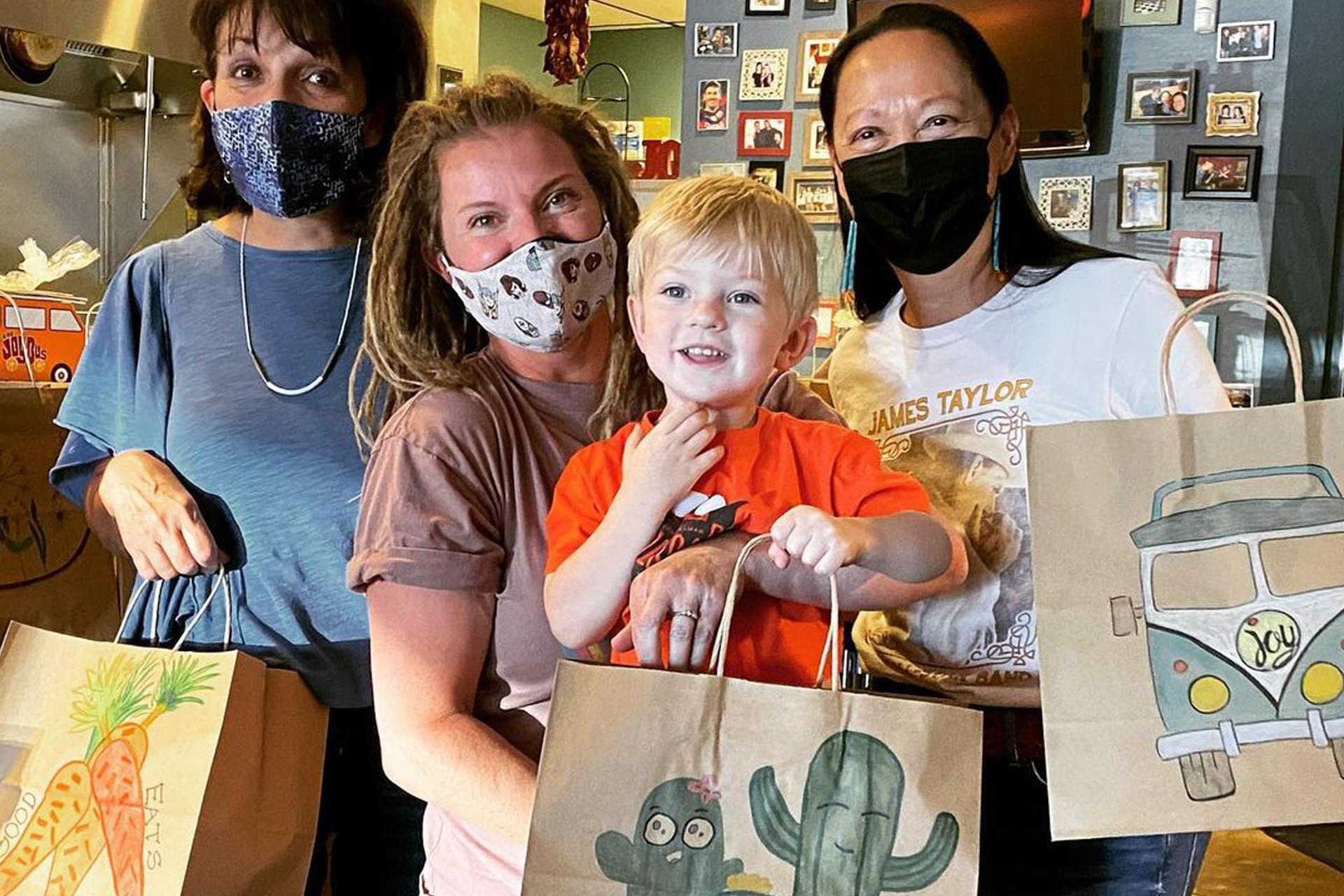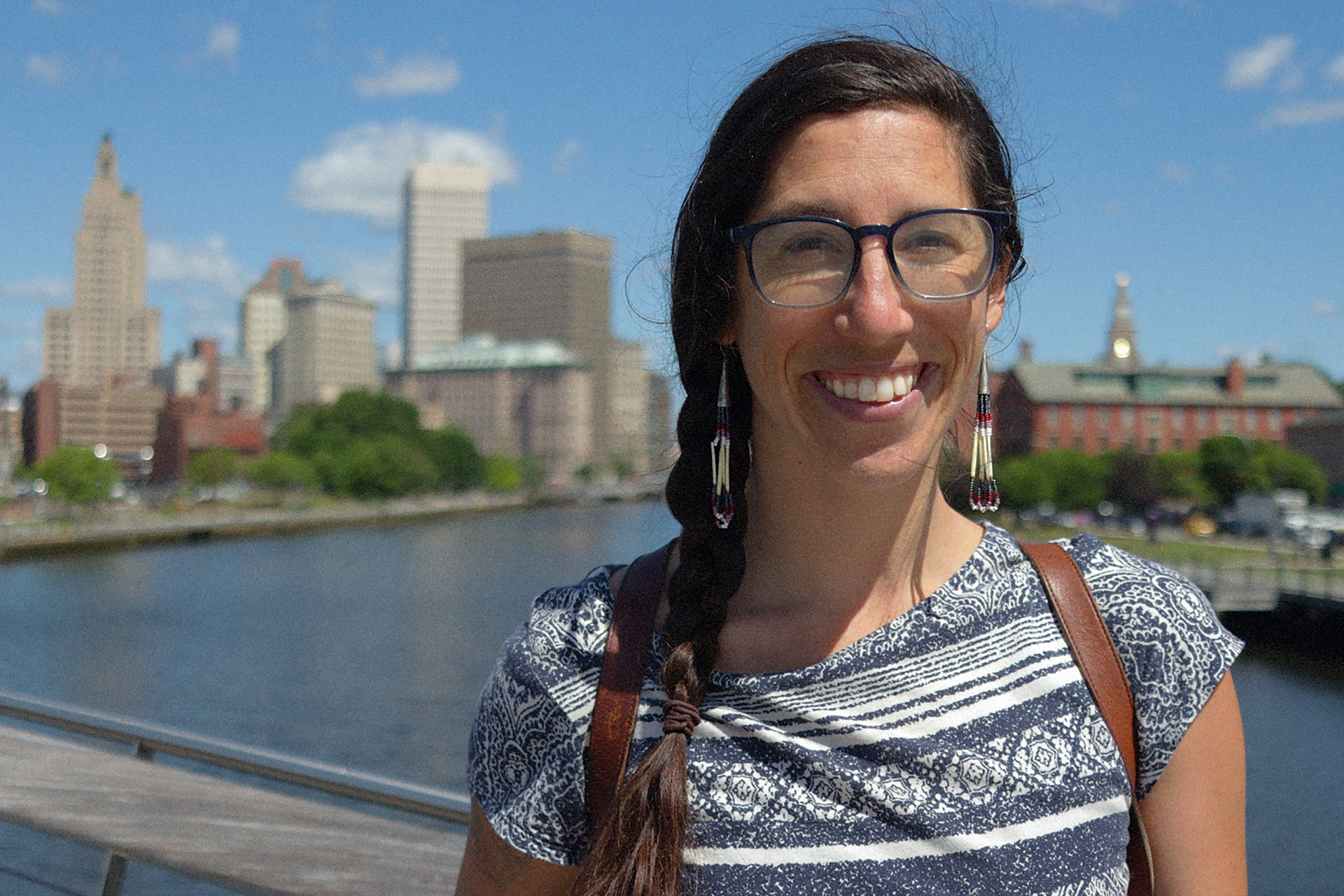A conversation with Sojourner House and its mission to end domestic violence tolerance
October 19, 2021
“We have to get to the root cause of the abuse and stop this cycle...we can change what happens in the future with education and awareness, but we can only do that if the community prioritizes it.”
These words spoken by Vanessa Volz, the executive director of
Sojourner House, resonated after our interview concluded. In an effort to highlight organizations making an impact in their communities, we learned that Sojourner House has become a leader in the advocacy and protection for individuals and children of domestic violence, sexual assault or human trafficking.As Sojourner House enters its 45th year, we spoke with Volz about the organization, its beginnings and the work they foresee in the future.
Sojourner House and its beginning
Q: Where does Sojourner House come from?
A: We’re called Sojourner House and our namesake is Sojourner Truth, who was an abolitionist and advocate for women’s rights. The name also comes from the idea that many victims and survivors of abuse are sojourning into a new chapter of their life and we are here to help them do that.
Q: Can you tell us a little bit about its origins and goals?
A: This year [2021] is our 45th anniversary as an organization. We were founded in the 1970s by a group of Brown University students, faculty and staff members that came together to discuss this issue [domestic violence and assault] that they knew was a problem.
At the time, domestic violence didn’t have laws protecting victims and it wasn’t something people talked about openly or publicly. As time went on, people became more aware of these issues and this small group of students, faculty and staff members started meeting as a discussion group to see if there was anything they or the university could do—and from that Sojourner House was born. We started off as an independent nonprofit and small grassroots organization, but have continuously evolved and grown over time.
Q: What initiatives or activities does Sojourner House have coming up?
A: We have a long history of providing emergency intervention services and emergency shelters to victims, but we’re finding that when the immediate crisis has passed, we still have clients who don’t have stable, permanent, safe and secure housing. A few years ago, we started to provide permanent housing, and since then, have grown the program immensely.
As of this spring, we were able to secure a grant that has enabled us to acquire and develop housing that can then be made available for victims and survivors. This new program coincides very nicely with our anniversary and highlights how Sojourner House has evolved over the last 45 years.
Q: What message would you like to convey to someone reading this?
A: First, even though we’ve progressed as a community over the years, there’s still a lot of stigma around partner violence, domestic violence and sexual assault. There’s still a lot of victim blaming and a lack of understanding about how prevalent these issues are. One in four women will be a victim of domestic violence in her lifetime and one in five will experience sexual assault. And those are the reported cases—leaving the actual numbers much higher because not everyone reports these situations.
When someone experiences abuse, they may feel very alone and like no one else has experienced it. It's important to demonstrate to our communities that these are issues that affect not just the victim but the entire community. It will take a collective approach to eradicate violence in our society and we really need everyone to step up to the plate.
There are so many different ways to do this. One way is educating young people about consent, healthy sexuality and how to see warning signs in relationships. Another way is to have adults step in and provide support if they have a family member or friend who’s experiencing abuse. Or, to involve the business community in supporting organizations who are on the ground providing emergency services.
At Sojourner House, we provide emergency crisis interventions. There are many clients who reach out to us who are in very dangerous situations, and we are able to help them with their safety plan, move them into a confidential shelter or apartment and help them stay safe. Without this assistance, they really would be in danger and I don’t think it can be emphasized enough that many people experience very violent realities. Organizations like Sojourner House are there for them.
Q: Where or how can someone get that education you’re talking about?
A: One option is through our educational program where we mostly work with youth, as well as professionals and employers. Many times, employers will call and ask us to come in and provide training for their staff or their employees.
Even in 2021, there’s still a lot of stigma around these issues—we aren’t talking enough or taking enough action around domestic violence and abuse. A lot of times people will ask me, “Why do you think there’s still violent relationships in our society? Why do we have domestic violence and sexual assault?” I think it’s because we as a society have decided to tolerate it. If we collectively came together and intentionally said we’re not going to tolerate this by enforcing laws and making funds available for survivors, we could start to eradicate this. But in order to have that, we really need to educate everyone.
Most people don’t understand the domino effect that this kind of abuse has. If you grow up witnessing violence in your household, you are more likely to either be part of an abusive relationship as a victim or become an abuser yourself, and that’s because you’ve internalized those behaviors as normal. That creates this cycle of abuse, and we have to get to the root cause of the abuse and stop it. We can change what happens in the future with education and awareness, but we can only do that if the community prioritizes it.
The information in this article was obtained from various sources not associated with HiRoad®. While we believe it to be reliable and accurate, we do not warrant the accuracy or reliability of the information. HiRoad is not responsible for, and does not endorse or approve, either implicitly or explicitly, the content of any third party sites that might be hyperlinked from this page. The information is not intended to replace manuals, instructions or information provided by a manufacturer or the advice of a qualified professional, or to affect coverage under any applicable insurance policy. These suggestions are not a complete list of every loss control measure. HiRoad makes no guarantees of results from use of this information.Stay on the path
Get HiRoad in your inbox
Share your email to get the latest about our community of mindful drivers.



